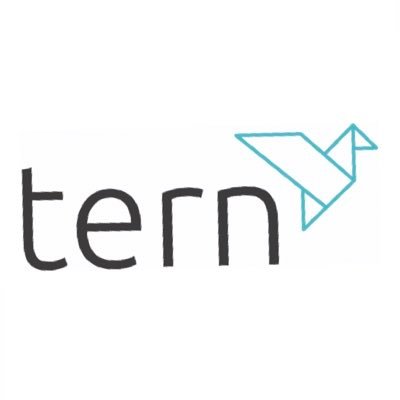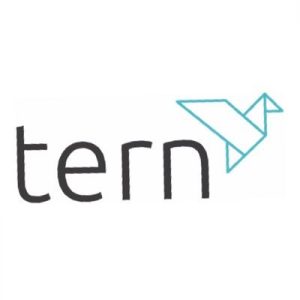Rare disease communities encounter a range of challenges that go far beyond just patient care, many of which are frequently overlooked in broader health strategies. With more than 7,000 rare diseases affecting relatively small and diverse populations, genuinely understanding these groups demands attention to their lived experiences, alongside flexible marketing approaches that address their specific needs.
AI-powered platforms are crucial in amplifying the unheard voices in healthcare. These tools shine a light on the often underrepresented perspectives, enabling healthcare marketing agencies to gain a deeper insight into the day-to-day realities faced by individuals with rare diseases. This knowledge allows agencies to tailor their efforts more precisely to the needs of the rare disease community, ensuring their messaging is both relevant and compassionate.
By collecting and analysing data from diverse sources like social media and patient surveys, these AI tools offer valuable insights into the complexities that define rare disease communities. The intelligence gathered helps reveal key trends, shifts in sentiment, and gaps in existing messaging. This, in turn, enables Strategists to develop campaigns that are not only data-driven but also empathetic, aligning with the unique needs and concerns of the communities they aim to support.
The feedback from rare disease communities can be expressed in various ways, from surveys to online forums and advocacy platforms. However, the unstructured nature of these conversations can make it difficult to extract insights that accurately reflect the lived experiences of those affected. Traditional data analysis methods are often slow and may miss the more nuanced voices within these groups.
Successful marketing and educational initiatives in healthcare rely heavily on how well key messages resonate with their intended audience. Understanding how community sentiment aligns with these messages—and recognising how this alignment changes over time—is essential for creating strategies that truly serve the diverse needs of these communities. AI-driven analysis, such as that provided by Drug-GPT, enables Strategists to monitor patient perspectives across different platforms, helping them to identify which messages are effective and where gaps may exist. These insights allow for real-time adjustments that improve audience engagement and ensure that communication remains relevant to the community’s needs, values, and concerns.
AI-powered platforms are reshaping the way we understand and interact with rare disease communities. By amplifying underrepresented voices and providing deeper insights into their lived experiences, AI allows healthcare marketing strategies to become more aligned, empathetic, and effective. These platforms transform unstructured conversations into actionable intelligence, ensuring that the resulting messages genuinely reflect the concerns and values of these communities.
As AI technology continues to evolve, its ability to highlight and elevate these voices will grow, helping healthcare agencies stay in tune with the rare disease community. By using AI to detect meaningful trends and shifts in sentiment, organisations can create more thoughtful and informed strategies that not only support these communities but also ensure their voices are heard, valued, and acted upon. This progress will foster a more inclusive and patient-centred approach to healthcare communication.
AI offers the potential to make a significant difference in how rare disease communities are engaged and supported. By focusing on the real needs and concerns of these groups, healthcare marketing can move beyond traditional metrics, fostering deeper connections and ensuring that these often-overlooked voices are prioritised.
Tern plc (LON:TERN) backs exciting, high growth IoT innovators in Europe. They provide support and create a genuinely collaborative environment for talented, well-motivated teams. The Talking Medicines mission is to be the World’s Gold Standard for Patient Intelligence by Medicine.


